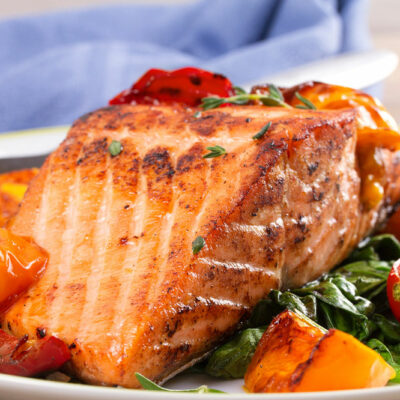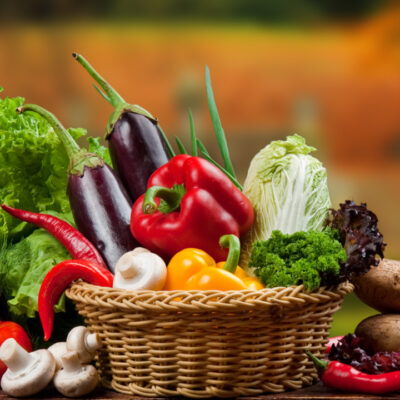
Foods to Eat and Avoid for Ulcerative Colitis
Ulcerative colitis causes inflammation and ulcers in the inner linings of the large intestine. This condition has symptoms like cramps, diarrhea, blood or pus in the stools, rectal bleeding, fatigue, weakness, and weight loss. You have to take prescribed medication and follow a strict diet to live with this ailment. To make things easier, here are some of the dos and don’ts for ulcerative colitis that you should know about .
Dos:
- Eat cooked veggies
Eating raw fruits and vegetables can aggravate symptoms of ulcerative colitis. Ensure that you always eat well-cooked vegetables that can be easily digested. Undercooked or raw food can lead to bloating, gas, and stomach pain. Steamed and boiled foods are also helpful in managing flare-ups.
- Eat smaller meals
Instead of eating a large amount of food in one go, try eating smaller, frequent, and healthy meals. To reduce your symptoms and manage flare-ups, try eating six small meals instead of three full-sized meals in a day. Frequent and smaller meals will ensure proper nutrition without giving undue stress to your stomach.
- Keep track of what you eat
Since there is no fixed diet for ulcerative colitis, you need to make a list of what you eat. You need to know foods that are good for your stomach and the ones that you should avoid. Since food triggers vary from one person to another, it is important to know about the foods that aggravate your symptoms. This trial-and-error method will help you in choosing the foods that you can include in your diet.
Don’ts:
- Quit caffeine
When you experience ulcerative colitis flare-ups, it is best to avoid tea, coffee, carbonated drinks, and alcohol. Caffeine has a stimulant that can worsen symptoms. Alcoholic drinks do the same to your stomach and should be avoided. Carbonated drinks can also irritate the digestive tract and cause gas.
- Avoid high-fiber foods
Fiber-rich fruits and vegetables contribute to easy bowel movement, but this is not something you need if you have diarrhea. To deal with ulcerative colitis, you should limit your intake of high-fiber foods such as cruciferous vegetables because they are hard to digest. A low-fiber diet will be helpful in managing symptoms and reducing abdominal pain.
- Do not eat processed foods
It takes a lot to digest processed foods, and they are not good for your health. In the case of ulcerative colitis, the situation can get worse as these foods are full of added sugar, salt, and emulsifiers.
Although there is no fixed diet plan for this condition, with certain dos and don’ts for ulcerative colitis , you can manage its symptoms.


